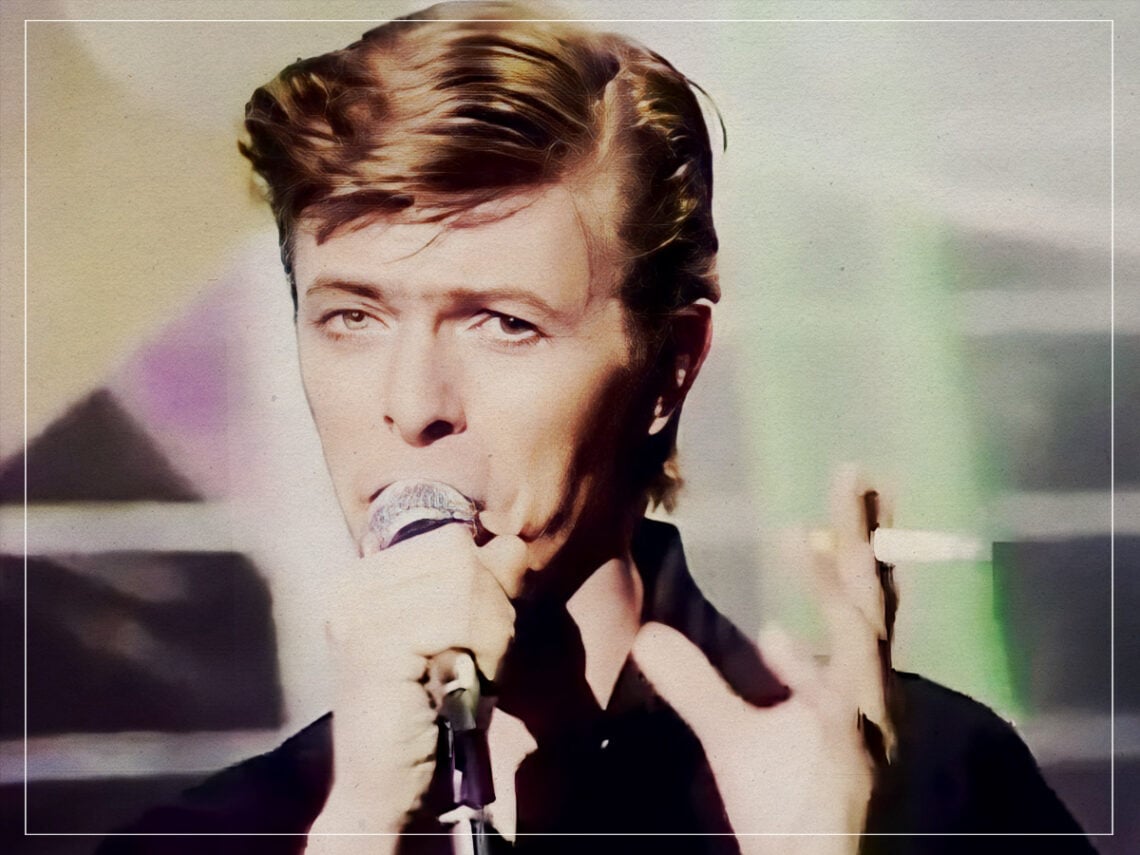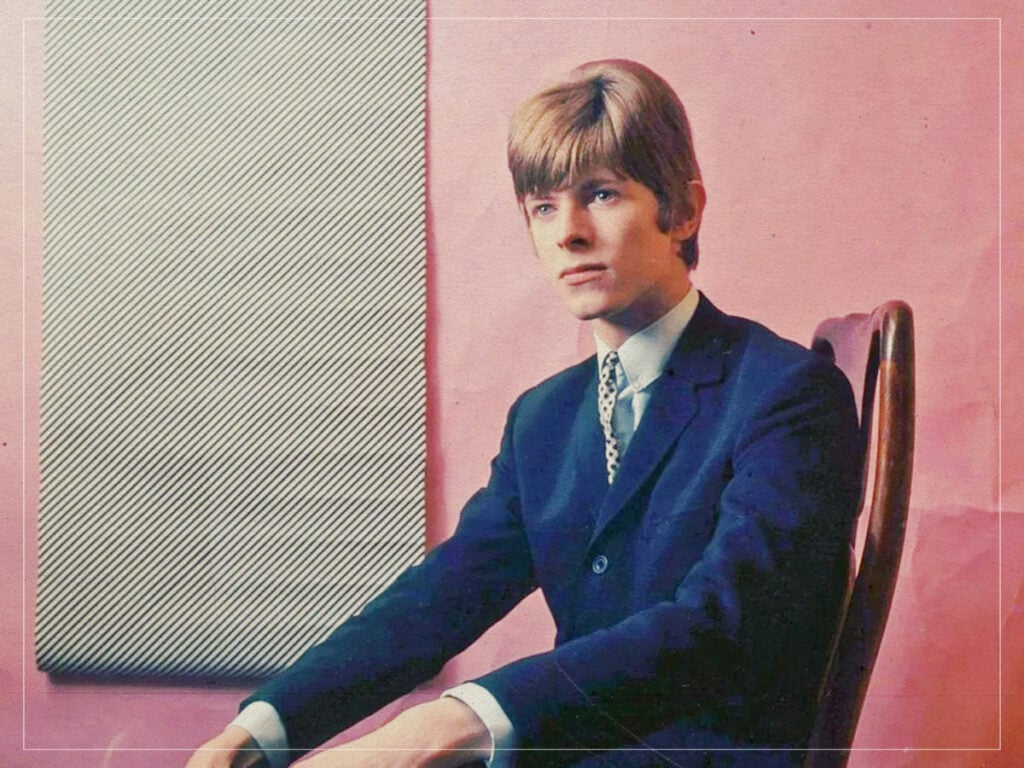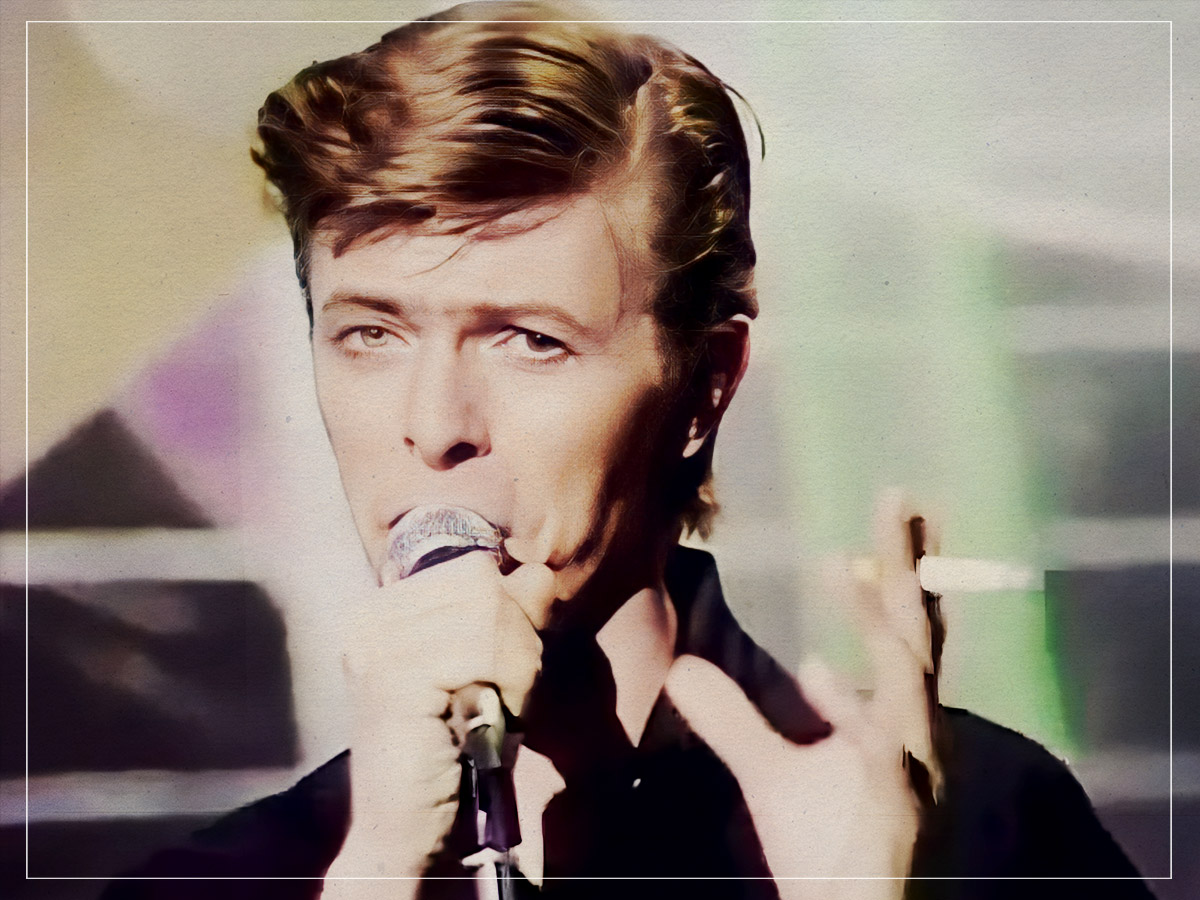
(Credits: Far Out / YouTube Still)
Thu 18 September 2025 21:00, UK
NASA revealed that they think they might have found life on Mars the other week, and the collective consciousness of the world turned to David Bowie. That’s when you know you’ve made quite a large impact on the world.
The discovery of alien biology is no trifling matter. Granted, it was just an ancient molecule as opposed to some sort of space wombat. Nevertheless, it’s a big deal. So, for the minds of many to race towards a late pop star is perfectly indicative of just how meaningful that late pop star proved. My partner even pronounced, ‘Ah, it’s sad Bowie didn’t get to find out.’
That’s a remarkably notable reaction to proof that life in the universe has not always been confined to Earth, no matter how microscopic the former extraterrestrials may have been. In essence, it ways we’re more interested in humans, especially when they’re as remarkable as David Bowie.
Perhaps even more interesting is the fact that Bowie never really saw himself as all that remarkable. This oddity is something that defined his artistry. “I always had a repulsive need to be something more than human. I felt very puny as a human. I thought, ‘Fuck that. I want to be a superhuman.’”
The issue was that even as he achieved superhumanity, he was still plagued by a sense of dogged normality, something that his former bassist, George Murray, attested to when I spoke to him yesterday. He painted a picture of a workmanlike Bowie within the studio, even at the depths of his supposed drug oblivion.
He was confused and self-doubting, somewhere between a frustrated avant-gardist with ambitions of pop star grandeur and a frustrated pop star with ambitions of being a frustrated avant-gardist. This imbued his music with an otherworldly magic. It was deeply human and deeply alien in equal measure, and therein lay its revolutionary appeal.
Alas, it didn’t always appeal to Bowie that much. How else can you explain someone turning their back on one of the greatest back catalogues in history to delve into a fucking garage phase of all things? Over the years, he rubbished ‘Space Oddity’, thought that Ziggy Stardust didn’t sound quite right, and, well, there were a few others he understandably disowned.
 (Credits: Far Out / Alamy)But what was David Bowie’s favourite David Bowie hit?
(Credits: Far Out / Alamy)But what was David Bowie’s favourite David Bowie hit?
Despite kiaboshing the big hitters when he compiled his 12 favourite Bowie songs for a Mail on Sunday CD that became such a fan favourite item that a lucrative red vinyl was later published, he couldn’t part with ‘Life on Mars’. Of all the charting tracks he mustered, it seems that this was the one he was proudest of.
It captures both sides of the Starman. It’s anthemic and instantly hooky, based on his previous work on a first draft of ‘My Way’, but it also delves into the American silver screen and its interplay with the daydreams of a fractured society. It’s William Burroughs and Fritz Lang by way of Frank Sinatra, and that bizarre overlay quite accurately captures Bowie himself.
Speaking to Mail on Sunday about the selection, he commented, “This song was so easy. Being young was easy. A really beautiful day in the park, sitting on the steps of the bandstand. ‘Sailors bap-bap-bap-bap-baaa-bap.’ An anomic (not a ‘gnomic’) heroine. Middle-class ecstasy. I took a walk to Beckenham High Street to catch a bus to Lewisham to buy shoes and shirts, but couldn’t get the riff out of my head. Jumped off two stops into the ride and more or less loped back to the house up on Southend Road.”
It’s interesting how such an extraordinary song was borne from such ordinary circumstances, with Bowie continuing, “Workspace was a big empty room with a chaise lounge; a bargain-price art nouveau screen (‘William Morris,’ so I told anyone who asked); a huge overflowing freestanding ashtray and a grand piano. Little else.”
It then fell into place without much of a filter, even capturing his keen knack for collaboration, as he concluded, “I started working it out on the piano and had the whole lyric and melody finished by late afternoon. Nice. Rick Wakeman [of prog band, Yes] came over a couple of weeks later and embellished the piano part and guitarist Mick Ronson created one of his first and best string parts for this song which now has become something of a fixture in my live shows.”
Related Topics

